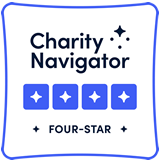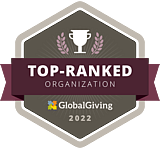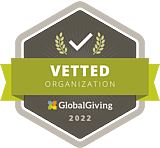HOW FAMILY VISITS PLACE CHILDREN FOR ADOPTION
Kidsave’s Family Visit Model is a unique approach that gives caring adults the opportunity to connect with older children living in foster care or orphanages. The adults and children are able to interact through in-person events, scheduled visits, and regular Zoom calls that allow them to get to know one another over time. Once a connection has been established, both the adults and the child get to determine whether or not they want to move forward as a match, giving the children in our program a voice and a choice in who their family will be. This model works for American children in foster care through the Weekend Miracles Program, for children living in orphanages abroad, and for international adoption through our Summer Miracles Program. Our Summer Miracles program allows older kids who have been unable to find a family in their own country to visit the U.S. and connect with families here.
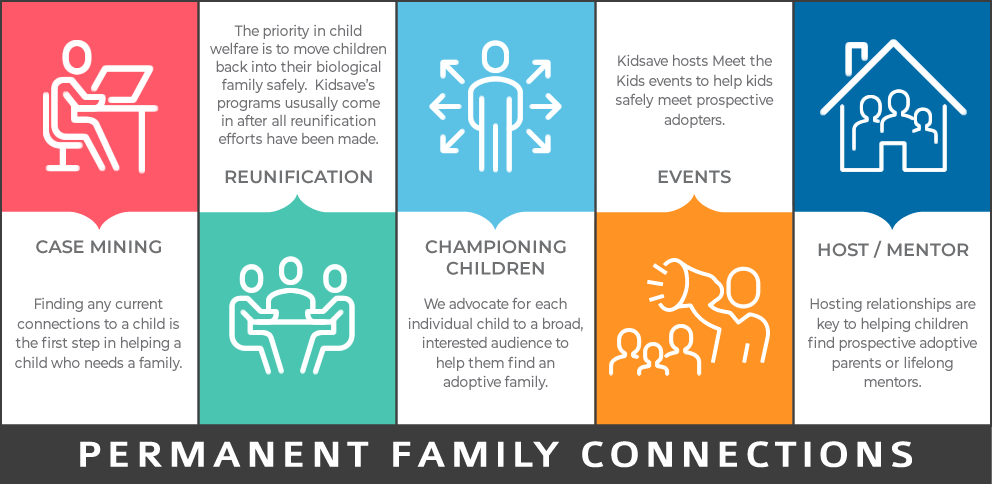
Why Does It Work?
We have established our Family Visit Model in Colombia, Ukraine, and the USA.
Over 23,000 kids age out of the foster care system each year in the United States. Kidsave’s hosting programs help change that statistic. The Kidsave Family Visit Model is built on the premise that:
People in the community are much more likely to feel compelled to help a child they have had the opportunity to meet and get to know.
Kids are better able to make connections with adults when they are able to get to know them over time in a safe environment.
When kids are given a voice and a choice
- Once people in the community meet and get to know older children growing up in government care, many will feel compelled to help and some will take steps to adopt or build other more permanent relationships.
- And, once kids get to know people in a non-threatening environment, they might find that special, permanent relationship that can make an important difference in their lives.
- Give kids a choice in the matter. When children have a voice in who they want to get to know, matches are more likely to thrive.
In the U.S., Kidsave’s family-visit model is implemented through our Weekend Miracles programs in Los Angeles County and Houston, Texas. It is also operating through our affiliate programs in North Carolina, Colorado, and Washington, DC.
Learn More about our affiliates.
Kidsave serves foster youth who are:
- Ages 9-17
- Living with foster families who do not intend to adopt them
- Living in residential facilities or group homes
- Single children or sibling sets
- Eligible for adoption
- Open to a connection with an adult who chooses to participate
Our program does not discriminate against any kid based on race, gender identity, sexual orientation, or past behavioral issues because we believe every child deserves a family.
The Family Visit Model is built on simple principles:
- Make it easy to get involved with a child for adoption in foster care,
- Let families interested in fostering meet kids in a safe, structured environment where they can get to know each other over time
- Give the kids a choice. Letting children have a voice in who they want to be with creates relationships that are more likely to endure.
How does it start?
Hosting starts with a short orientation prior to attending a community event. Families and kids interact in fun activities to help them get to know each other. Following the events, both the families and the kids can indicate to Kidsave who they would like to spend more time with. The kids have the final say in who their host family will be. Clearances and training with local CPS groups are required before hosting can begin.
Once hosting begins, relationships deepen. Some families are super-mentors only, focusing on finding the child a permanent family. Others decided that they want to adopt the child they are hosting. The program allows relationships to develop naturally, at the child’s own pace.
To Get Involved
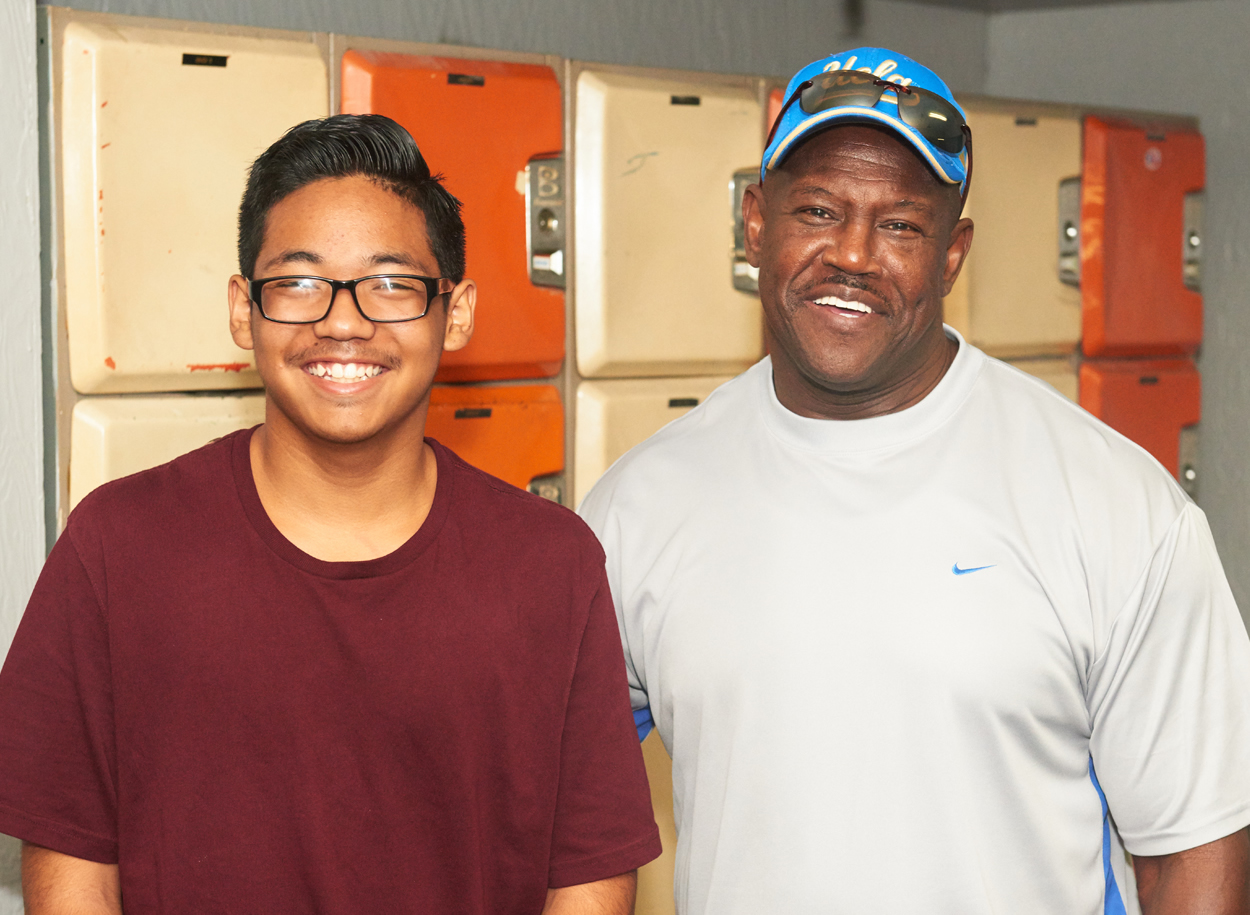

In 2007, Kidsave partnered with Colombia’s national child welfare system, Instituto Colombiano Bienestar Familiar (ICBF), to bring our Family Visit Model to Colombia. This partnership began as a Kidsave-operated pilot program called “Lazos de Familia” in Bogota, but it quickly grew into a national program for institutionalized youth operated by ICBF, called “Super Amigos.”
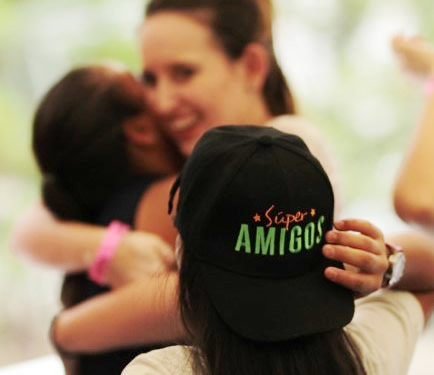
Super Amigos has grown to serve almost 5,000 institutionalized youth across Colombia. The program is volunteer-driven and supports all children, including children with disabilities. Super Amigos gives kids strong adult mentors who can support their lives, educational goals, and career aspirations. The goal of the program is to create healthy young adults who can positively impact their communities and someday, build healthy families of their own.
To achieve this goal, Super Amigos hosts interactive events that allow interested adults to meet and engage with the children in the program. This allows them to get to know each other over time and in a safe, relaxed environment. Eventually, some Super Amigos become hosts to the kids, welcoming them into their home on weekends, holidays, and over school vacations.

Who Does Super Amigos Help?
- Kids ages 9-17 who are living in institutions, called “Foundations” in Colombia
- Single kids and sibling sets
- Children with and without disabilities
Expanding in Latin America
ICBF associated the importance of family engagement for institutionalized children through Kidsave’s evaluation of Lazos de Familia.
Through the Kidsave pilot program Lazos de Familia and subsequent Super Amigos program, ICBF was able to witness firsthand the importance of family engagement for institutionalized children. After recognizing that children without parental care could greatly benefit from a connection with a caring adult, ICBF began the expansion of Super Amigos. Kidsave Colombia was instrumental in training ICBF staff and in program implementation across many regions in Latin America.
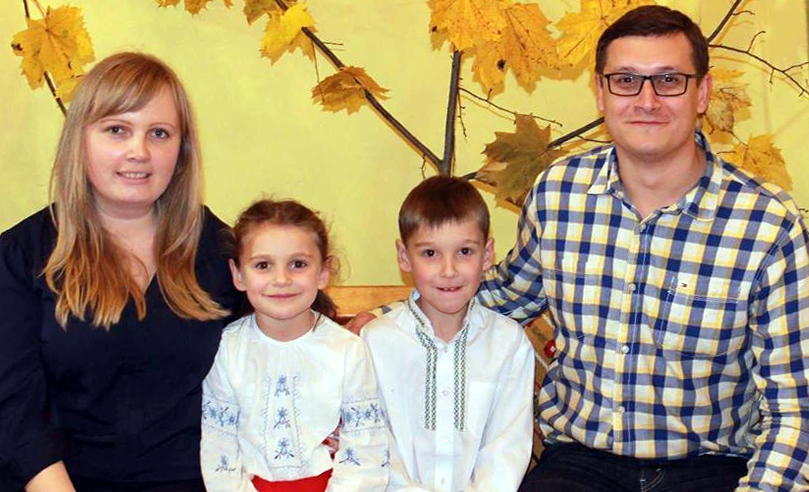
In 2016, Kidsave joined a group of nongovernmental organizations working towards child welfare reform in Ukraine. The goal of this effort was deinstitutionalization, or the process of moving children out of large institutions like orphanages and children’s homes and into family care settings.
As part of the reform effort, Kidsave launched a pilot program called Family Mentoring in two cities, Kherson and Mykolaiv, to introduce our family-visit model with special emphasis on developing systems whereby social workers and citizens could collaborate to move children into families. Through this pilot program, Kidsave established relationships with several local organizations who supported the effort.
- Moi Dom and Sunrise of Dreams, child-serving NGOs in Kherson and Mykolaiv, led the effort.
- The International Leadership and Development Center (ILDC) adapted the Family Visit Model to better fit Ukranian communities and supported some of the training of professionals and participants.
- Ukraine Without Orphans supported family recruitment, hosting, and advocacy with an emphasis on engaging communities of faith.
The focus of this pilot program was to support 45 older children and teens (age 14 to 16) who could not be reunified with their biological families as they transitioned out of institutions and back into the community. Our focus was permanent family care which was achieved through finalized adoptions, establishing legal guardianships, and placements in long-term foster care. In circumstances when family placements could not be made, children were enrolled in long-term mentoring programs designed to provide positive adult influences and support.
The pilot program was a tremendous success.
Between January 2018 and December 2021, Kidsave held recruiting events, performed community outreach, conducted family-finding and reunification efforts, and provided support and advocacy. As a result of this work, 144 children were removed from institutional care and placed in a family setting in Mykolaiv and Kherson.
Because of this huge success, Kidsave was working to expand our Family Mentoring program to six additional regions when the war began.
Our current efforts in Ukraine
With the invasion of Russia into Ukraine on February 24, 2022, Kidsave had to quickly shift all our resources from family mentoring to rescue and evacuation. We are committed to the children of Ukraine, and right now, we are doing all that we can to ensure they are safe and provided for as we navigate this crisis with them. It is our goal that once the war is over, we will be able to return to our family mentoring and family-finding efforts. In the meantime, we continue to conduct rescue and evacuation missions, deliver humanitarian aid, and provide support to our community partners in Ukraine.
You can read all about our humanitarian work in Ukraine at www.kidsave.org/standwithukraine/.
CHANGE A LIFE
Your gifts of time and money can transform the life of a child.
100% of your money goes directly to helping kids.
Learn more about where your money goes here.

